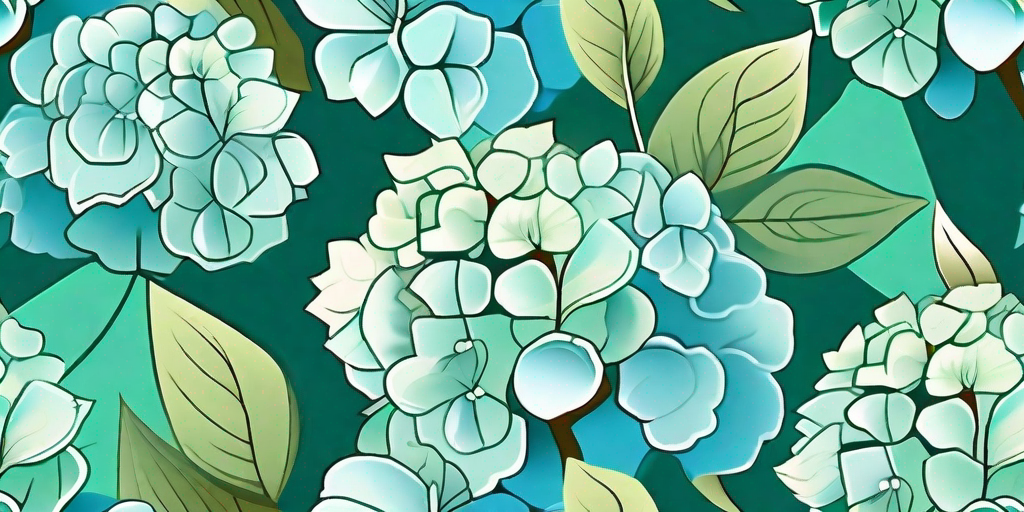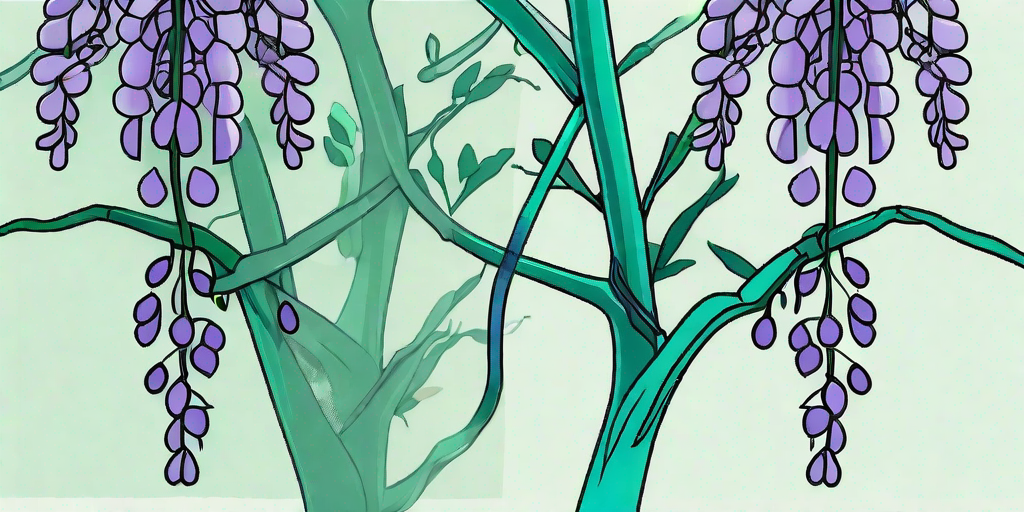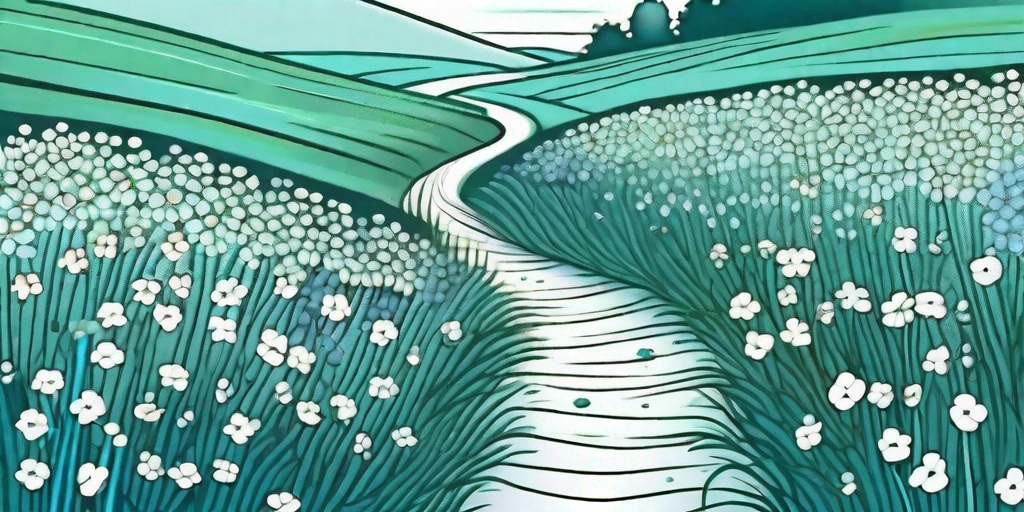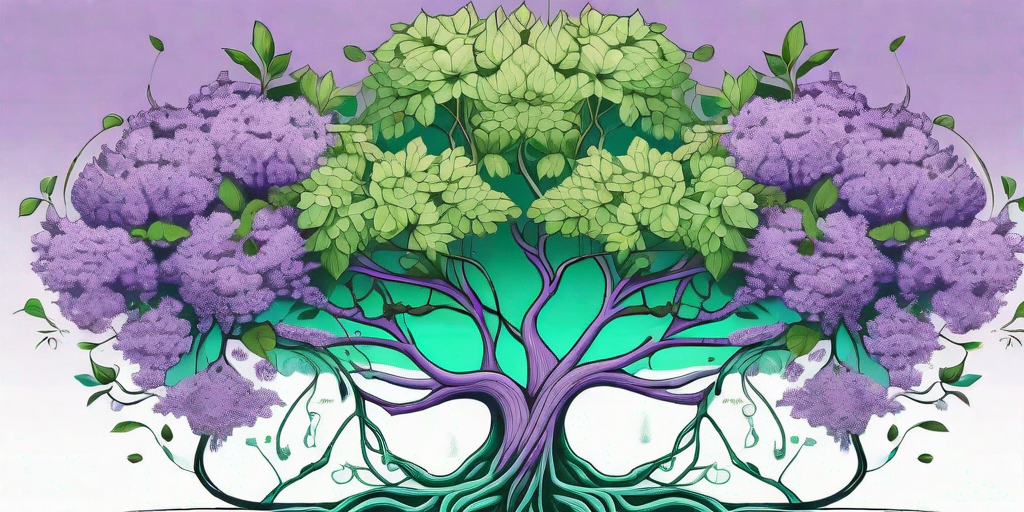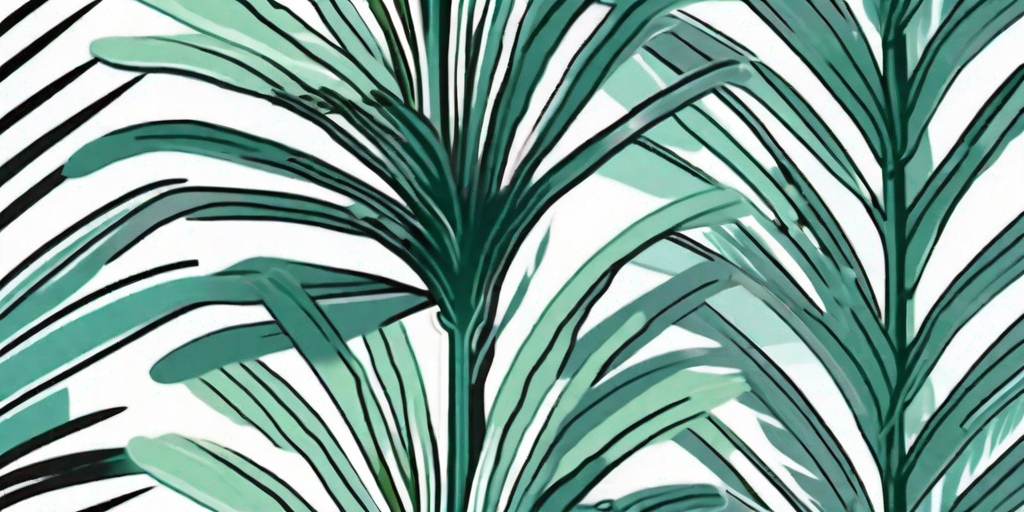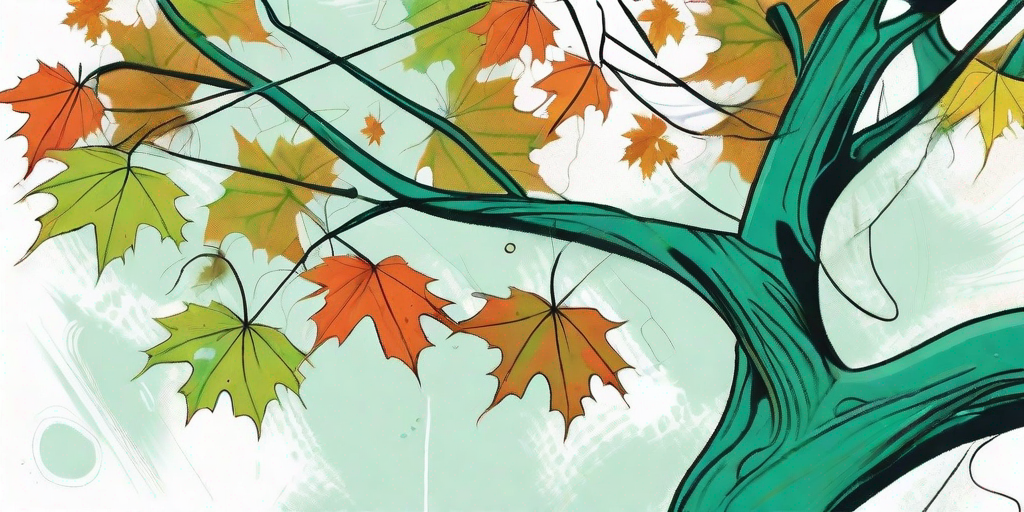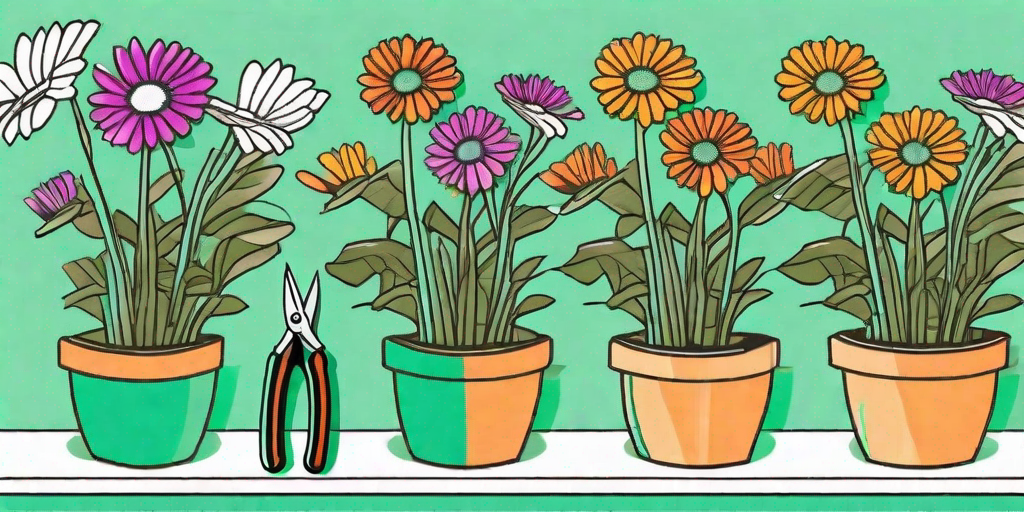
Hydrangeas, with their vibrant hues and lush blooms, are a garden's pride and joy. But, like a diva in the spotlight, they demand a little extra attention. They are the Mariah Careys of the plant world, if you will. So, how do you keep your hydrangeas happy and blooming? The secret lies in the food you give them. Yes, we're talking about fertilizer, the magic potion that keeps your hydrangeas blooming like a pop star at the peak of their career.
The Importance of Fertilizer for Hydrangeas
Now, you might be thinking, "Why do I need to feed my hydrangeas? They're not exactly going to starve, are they?" Well, in a way, they could. Without the right nutrients, your hydrangeas might not bloom as vibrantly or as abundantly as they could. They might even start to look a little...well, let's just say not their best.
Think of fertilizer as a multivitamin for your hydrangeas. It provides them with the essential nutrients they need to grow strong and healthy. And just like you wouldn't skip your daily multivitamin, you shouldn't skip feeding your hydrangeas either.
What Nutrients Do Hydrangeas Need?
Hydrangeas, like all plants, need a balanced diet of nutrients to thrive. The three main nutrients they need are nitrogen (N), phosphorus (P), and potassium (K). Nitrogen promotes leaf growth, phosphorus is essential for flower development, and potassium helps with overall plant health.
But that's not all. Hydrangeas also need secondary nutrients like calcium, magnesium, and sulfur, as well as trace elements like iron, manganese, zinc, copper, molybdenum, and boron. It's like a smorgasbord of nutrients, each playing a crucial role in the plant's growth and development.
Choosing the Best Fertilizer for Your Hydrangeas
Now that we've established the importance of fertilizer, let's move on to the fun part: choosing the best one for your hydrangeas. This is where you get to play the role of a gourmet chef, selecting the finest ingredients for your star performer.
But before you get too excited, remember that not all fertilizers are created equal. Some are like fast food, providing a quick burst of energy but not much else. Others are like a well-balanced meal, providing all the nutrients your hydrangeas need to thrive.
Organic vs. Synthetic Fertilizers
When it comes to fertilizers, you have two main options: organic and synthetic. Organic fertilizers are made from natural materials like bone meal, compost, or manure. They release nutrients slowly, providing a steady supply of nutrients over a long period.
Synthetic fertilizers, on the other hand, are made from mineral salts. They release nutrients quickly, providing a quick boost of energy. However, they can also leach out of the soil quickly, requiring more frequent applications.
Granular vs. Liquid Fertilizers
Another choice you'll have to make is between granular and liquid fertilizers. Granular fertilizers are easy to apply and provide a slow, steady release of nutrients. Liquid fertilizers, on the other hand, are quickly absorbed by the plant but require more frequent applications.
So, which one should you choose? It really depends on your gardening style. If you're a hands-off gardener, a slow-release granular fertilizer might be your best bet. If you don't mind a little extra work, a liquid fertilizer could give you faster results.
How to Feed Your Hydrangeas
Now that you've chosen your fertilizer, it's time to feed your hydrangeas. But before you start sprinkling fertilizer around like fairy dust, there are a few things you need to know.
First, it's important to follow the manufacturer's instructions. Over-fertilizing can do more harm than good, causing leaf burn and even killing your hydrangeas. So, always err on the side of caution and use less rather than more.
When to Fertilize
The best time to fertilize your hydrangeas is in the spring, just as they're starting to leaf out. This gives them a boost of energy just when they need it most. You can also fertilize again in mid-summer, but avoid fertilizing late in the season as this can encourage new growth that might not have time to harden off before winter.
Also, it's best to fertilize early in the day when the temperature is cooler. This reduces the risk of the fertilizer burning the leaves.
How to Apply Fertilizer
To apply the fertilizer, sprinkle it around the base of the plant, avoiding the leaves. Then, water thoroughly to help the fertilizer soak into the soil.
Remember, your hydrangeas are divas, and they don't like to get their leaves dirty. So, be careful not to get any fertilizer on the leaves, as this can cause leaf burn.
Frequently Asked Questions
Can I use coffee grounds to fertilize my hydrangeas?
Yes, coffee grounds can be used as a natural fertilizer for hydrangeas. They are rich in nitrogen, which promotes leaf growth. However, they should be used in moderation, as too much can make the soil too acidic.
Can I change the color of my hydrangeas with fertilizer?
Yes, the color of hydrangea blooms can be influenced by the pH level of the soil, which can be altered with certain types of fertilizer. Acidic soil (pH below 6) will produce blue flowers, while alkaline soil (pH above 7) will produce pink flowers.
How often should I fertilize my hydrangeas?
Generally, hydrangeas should be fertilized once or twice a year. The first application should be in early spring as the plant is starting to leaf out, and the second in mid-summer, if needed.
Conclusion
Feeding your hydrangeas is like catering to a diva's demands. It might seem like a lot of work, but the results are worth it. With the right fertilizer and a little TLC, your hydrangeas will reward you with a show-stopping performance that will make your garden the envy of the neighborhood.
So, don your gardening gloves, grab your fertilizer, and get ready to feed your hydrangeas. They're waiting for their encore.



